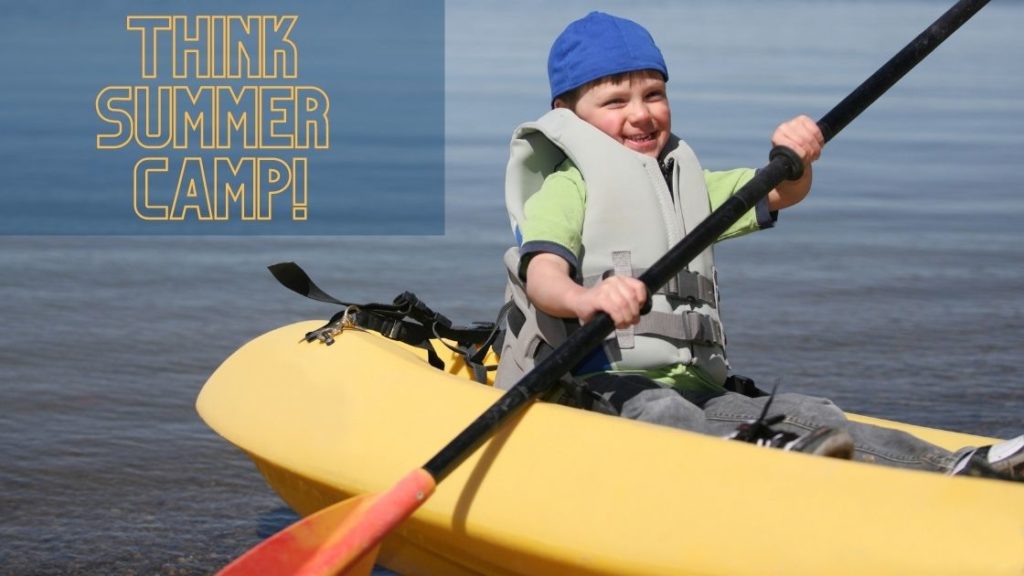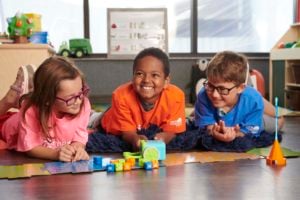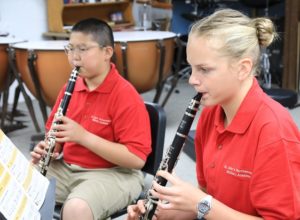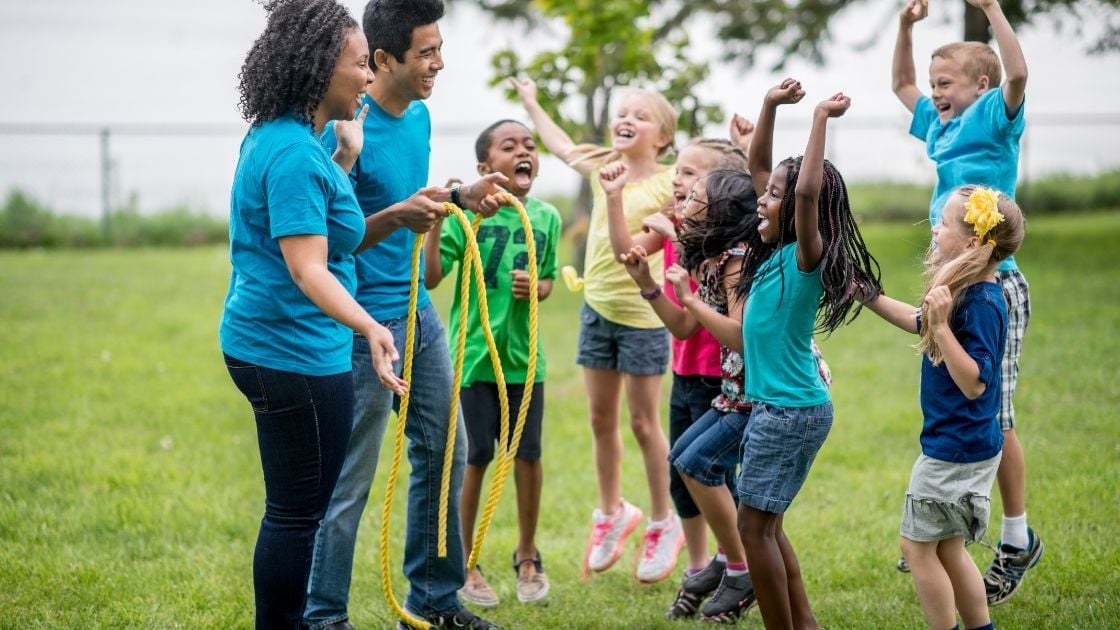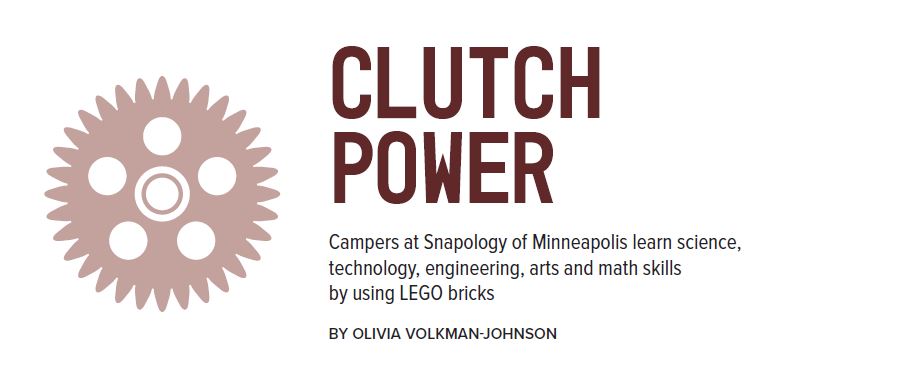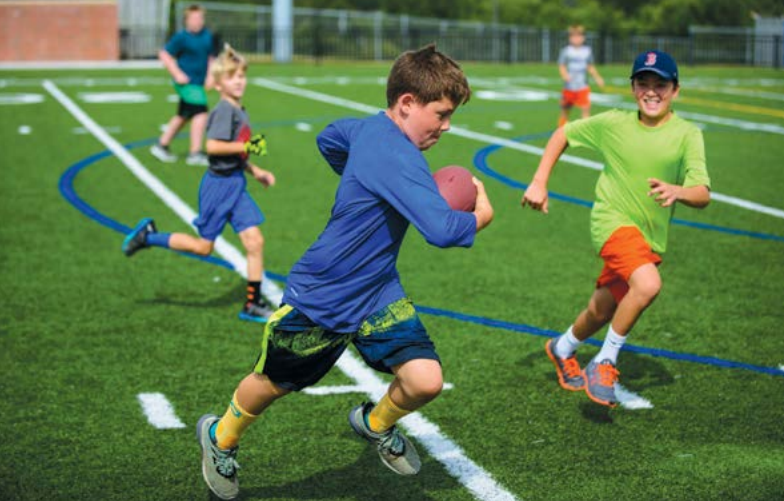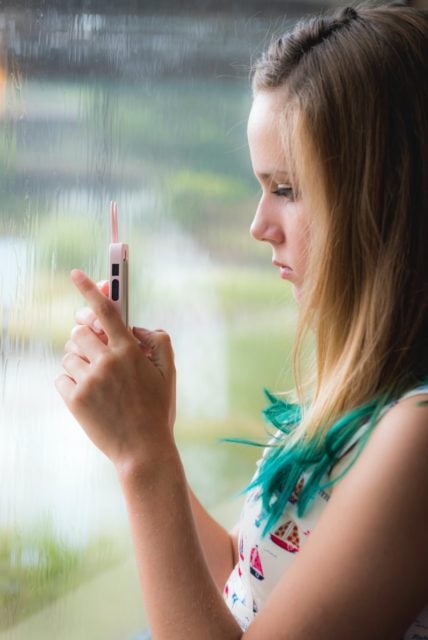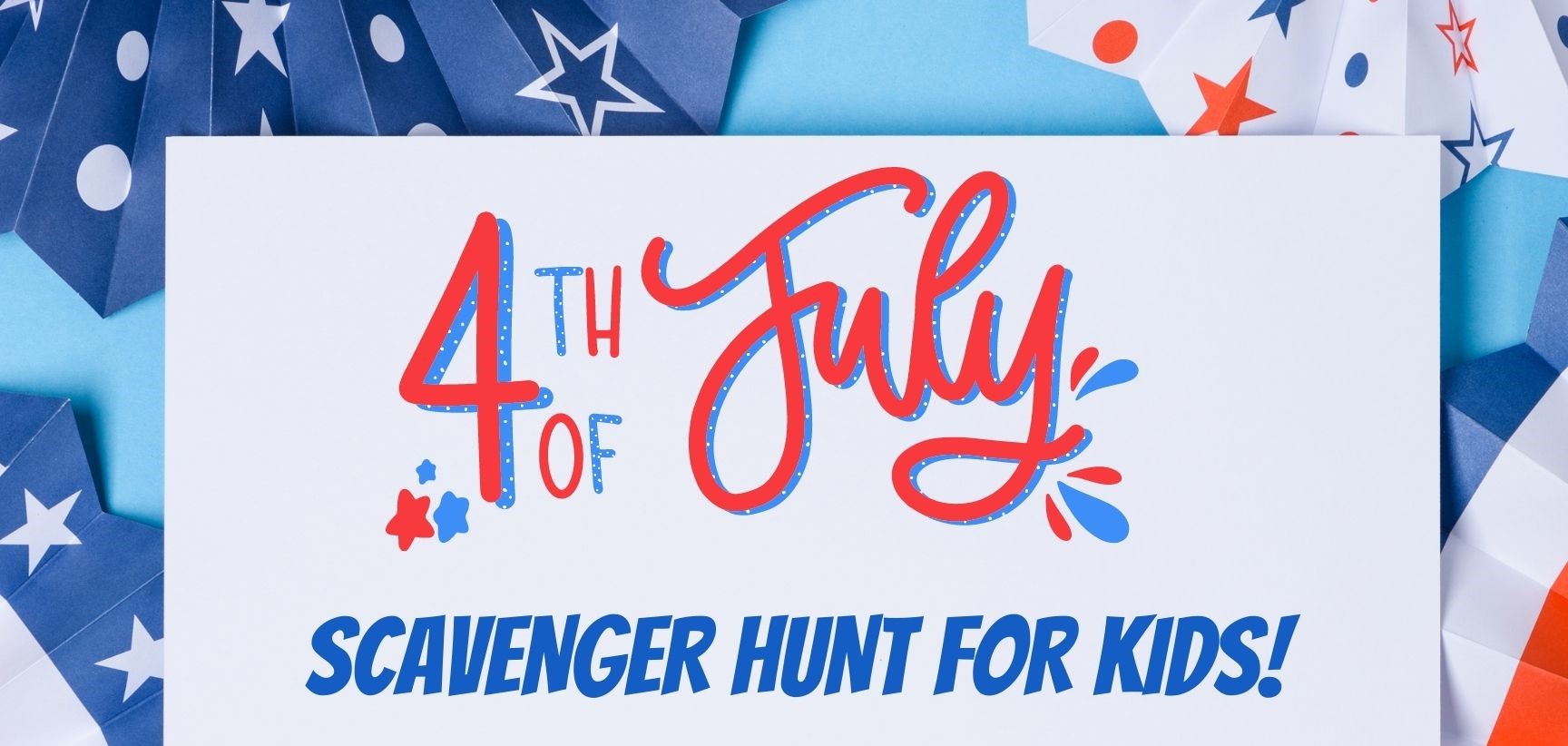Now that many of the youngsters who laughed at that silly camp song have kids of their own and are looking for the perfect summer camp, a place where their children can make friends, learn some new skills, and gain a little independence. But how do you decide what type of camp is right for your child?
Our friends at the Minnesota Section of the American Camping Association say the first step is to know your expectations. Do you expect the camp to provide swimming lessons? Does your child have special dietary needs? Do you want an emphasis on a specific sport or academic area? Are you looking for a camp that provides a great deal of structured group activity or a camp that emphasizes individual development?
Most experts suggest that a child’s first camping experience be at a camp with a general program that balances sports, crafts, and other activities. They also say that, ideally, a camp should be a place that will reinforce the values that have been taught at home. For instance, a child from a home with strict standards for behavior and a formal routine might not do well at a very informal, permissive camp.
A first-time camper also might be most at ease at camp relativity near home. “It’s a scary thing, especially the first time, going away from home,” said John Dunkley, Minnesota ACA section president. In subsequent years, camp selection might be dictated in part by where the child’s friends from that first season at camp will be going, Duntley said.
The type of skills a child will acquire at camp varies with the child’s age and the kind of camp, according to Duntley. Youngsters who spend a whole day away from home for the first time by attending day camp will get their first taste of independence. Older children might gain self-esteem by interacting with other campers, facing challenges such as the rigors of backpacking or a canoe trip, and learning to do things for themselves. Teenage campers, Duntley said, are likely to hon leadership skills by working with their peers and younger campers.
“The camp experience gives children a chance to improve their self-esteem, gives them a sense of independence and at the same time a supportive community,” Duntley said.
Taking the time now to consider your child’s age, personality, and interests, as well as your own expectations, can help make this summer’s camp experience one that will benefit your child long after the suntan has faded.



